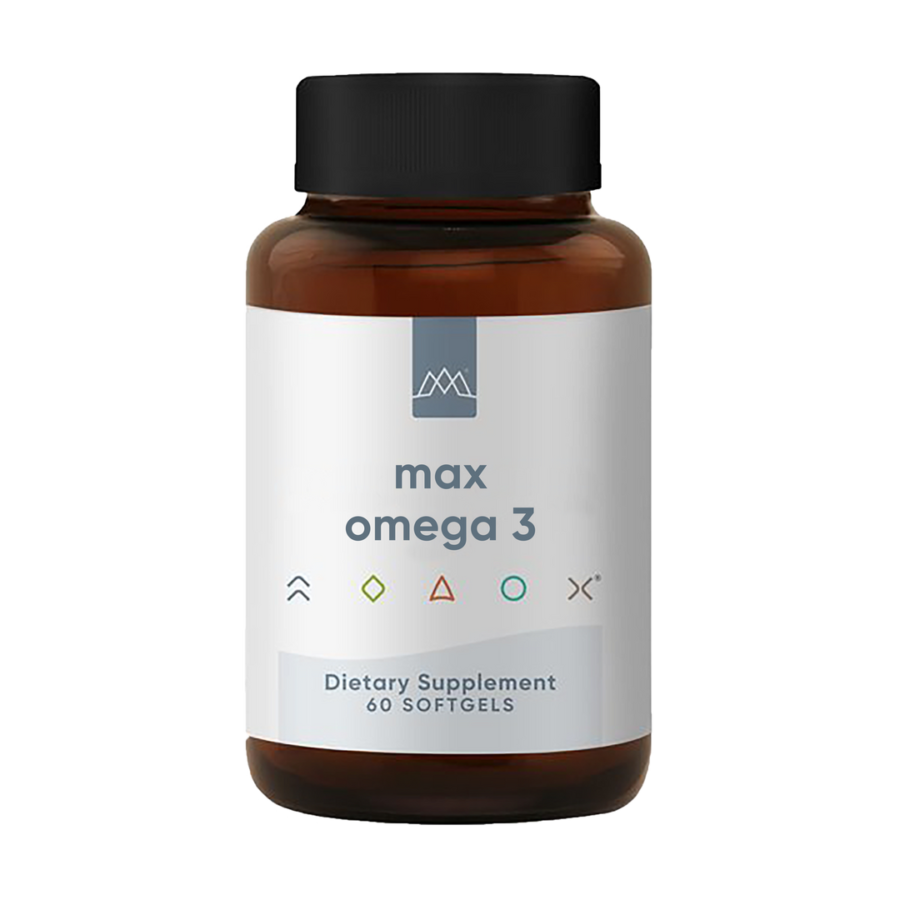Anorexic. Narcissist. Depressed. These words are now part of the American vernacular, labels, casually applied without a second thought, in common conversation. It may be stating the obvious to say that a thin person is not necessarily Anorexic, (though on occasion, that could be true), a person who doesn’t cater to another’s demands is not necessarily a Narcissist (though occasionally, you will run into one), and someone going through a tough time is not necessarily depressed.
That said, depression is real.
Clinical depression was on the rise and known to be a public health concern prior to the COVID-19 pandemic. It in fact, deepened, during the first year of the COVID-19 pandemic as reported in a recent study by public health researchers at Brown University and Boston University.
The study was conducted in March and April of 2020 and again in March and April of 2021. Results were published in The Lancet Regional Health – Americas. The study found that depression in American adults rose 32.8% in 2021 compared to 27.8% the prior year, at the onset of the COVID-19 pandemic. Depression rates prior to the pandemic were about 8.5%.
These are sobering statistics and clearly demonstrate that depression is indeed a greater danger to Americans than ever before. The percentage of depressed adults (ages 18 and above) who likely turned to prescription medications, even with all the dangers and side effects associated with them, is probably not a small number.
Signs and Symptoms
Depression can be debilitating. It can affect one’s mood, behaviors, sleep patterns, cognitive function, relationships, body weight, and more. Some common symptoms of depression include:
- Anxiety
- Apathy
- A general sense of discontent
- Guilt
- Hopelessness
- Loss of interest in things or activities that once brought pleasure
- Sadness
- Agitation
- Excessive crying
- Self-isolation
- Insomnia or excessive sleepiness
- Fatigue
- Loss of appetite
- Thoughts of suicide
- Weight gain or loss
- Excessive ruminating on the past
In and of themselves, these symptoms do not necessarily indicate depression and a trained mental health professional is the only expert qualified to diagnose depression. But once a variety of related symptoms persists, for an extended period of time, consulting with a medical professional may be necessary.
Functional Depression
As with any condition or concern, there is a continuum where on one end, someone can function normally, for the most part (considered “functional depression”) or they may be completely incapacitated on the other end. Functional Depression is not a medical diagnosis. But it is real.
People with functional depression can appear fine to those around them. They conduct their daily lives, pay their bills, address responsibilities, communicate and even laugh with people.
But they may still withdraw from the world for extended periods of time, overcome with sadness, crying themselves to sleep every night or, they could simply just be good at “faking it” to avoid judgment or pressure from friends and family.
Depression or Anxiety
Depression and Anxiety are related.
Anxiety is characterized by uncontrollable fear and/or worry, being irritable or on edge, feelings of a loss of control, and even feeling sweaty or shaky. While experiencing feelings like these on occasion is part of being human, when they are more the rule than the exception, Anxiety Disorder may be the root cause. By contrast, depression involves a feeling of sadness that doesn’t seem to end, a loss of interest in activities that were once enjoyable, hopelessness, a general lack of energy, and other symptoms described above. Some depressed people will consider suicide.
The difference between depression and anxiety is found in the symptoms though many can experience depression and anxiety at the same time. Those who are unable to function with depression and/or anxiety and live a normal life may feel they have little choice but to turn to prescription medications to help manage these conditions. But there are other options…
Natural Remedies for Depression
Depression can be managed without medication for many people. A natural approach to managing symptoms can be safe and effective. Here are some of the ways you can manage depression naturally.:
Get your sleep in order –If you’ve been diagnosed with depression or even if you haven’t, a lack of good, quality, sleep can adversely affect your mood -and mood is at the core of depression. Generally speaking, sleep is the time when the body focuses on repairing and restoring cells, organs, and tissues. Lack of sleep not only influences depression but, studies show it can also obesity-promoting hormonal changes that may encourage the storage of fat. Doctors recommend adults get seven to nine hours of sleep per night. Repeatedly getting inadequate amounts of sleep can contribute to depression. The opposite can also be true when those suffering from depression sleep excessively.
Vitamin D – Vitamin D can be obtained from the sun or from the diet (mostly from fish and beef liver.) When exposed to sunlight, the body creates vitamin D from cholesterol. Some people do not make enough vitamin D from the sun, even if they live in warmer climates. Those with darker skin tones, those who are overweight, or older people, are prone to be deficient in vitamin D.
The biochemical reaction that happens when the body is exposed to UVB light from the sun, results in the creation of vitamin D3. UVA radiation is known to cause cancer, so many people cover their body from head to toe or slather sunscreen over any exposed skin making it difficult for the body to absorb sunlight and create vitamin D. Some studies have shown that many people with depression also have low vitamin D levels, implying that the two may be related. Other studies have indicated no link between vitamin D and depression. Clearly, more studies are needed.
Supplements – Omega-3 fish oil is known to have many health benefits, from improving cholesterol levels to reducing liver fat. Clinical research has shown that supplementing with fish oil may also help manage depression.
Fish oil contains omega-3 polyunsaturated fatty acids (PUFA), and PUFAs are thought to generate an antidepressant effect, which includes anti-inflammatory activity that directly affects cell membranes.
But not all fish oil is created, or rather, manufactured, equal. Much of the fish oil supply available today is of low quality. Fish oil must be sourced, manufactured, packaged, and stored properly or the oil oxidizes, becoming rancid and basically, not suitable for supplementation. Max Omega-3 from MaxLiving, is high-quality fish oil that takes purity and efficacy, very seriously. Max Omega-3 provides the ideal ratio of Eicosapentaenoic Acid (EPA) to Docosahexaenoic Acid (DHA) and sources their fish oil from small fish in Scandinavian waters. The smaller the fish, the more limited the potential for mercury exposure and other chemicals, often found in larger fish caught in more polluted waters. With smaller, easy-to-swallow capsules, MaxLiving’s Max Omega-3 is the ideal fish oil supplement to support mood and mental health.
Meditation -Meditation is now becoming a daily practice for many Americans. The benefits of stress management through meditation have been borne out in study after study. Stress and anxiety can trigger depression so the better you manage your stress, the lower your risk for depression.
Meditation has been shown to alter areas of the brain that have been linked to depression. The medial prefrontal cortex (mPFC), for example, becomes overly active in depressed people. The mPFC is where you process information about yourself -such as worrying about a future you can’t control or ruminating over the past that can’t be changed. When stress gets out of hand, the mPFC works overtime.
The amygdala is a center in the brain known as the “fear center.” Our fight-or-flight response originates in the amygdala, triggering the adrenal glands to release cortisol, our most powerful stress hormone in response to fear and perceived danger. These areas of the brain go hand in hand; both can cause depression. Being proactive with a meditation practice, whether it be a guided meditation or, your own focused awareness, can help keep depression in check before it gets out of hand.
Exercise –You’ve probably heard of the endorphin “high” that comes with primarily, aerobic exercise. While the scientific correlation between depression, anxiety, and exercise isn’t clear, exercise or, any physical activity, can lessen symptoms of depression or anxiety. Exercise may also help keep symptoms of depression and anxiety managed once you’ve gotten them under control. Regular exercise can help ease depression and anxiety, yes, by releasing those feel-good endorphins. Endorphins are secreted via the body’s endocannabinoid system along with other natural, biochemical secretions that can promote feelings of well-being.
Killing yourself at the gym or the park isn’t necessary. Benefits can be gained by simply walking around the neighborhood. Exercise provides a way to take your mind off of your troubles, freeing you from repetitive, negative thoughts that promote depression and anxiety.
Regular exercise has many psychological and emotional benefits. The improvements in your blood lab markers, your physical appearance, and the confidence you’ll gain as you mark your improvements, all contribute to a better mood and improved state of mind.
Following an anti-depression diet –Following an anti-depression eating plan is not a magic pill. However, making a point to eat certain foods while avoiding others can help with depression, if indirectly. Eating foods that are rich in antioxidants is a great way to protect the body (and the brain in particular), from the damaging effects of free radicals. Foods high in beta-carotene (which the body converts into Vitamin A) include apricots, cantaloupe, carrots, collard greens, peaches, pumpkin, spinach, and sweet potato. Blueberries, broccoli, grapefruit, kiwi, oranges, potatoes, and strawberries are all good sources of Vitamin C. Incorporate nuts and seeds, vegetable oils like olive oil, avocado oil, coconut oil, wheat germ, almonds, and sunflower seeds for good sources of Vitamin E.
Carbohydrates support the release of serotonin, an important mood-boosting chemical. Stick with complex carbohydrates like whole grains to blunt sugar cravings, which have been associated with low serotonin levels and thus, low mood. The amino acid tryptophan, found in beans, lean beef, fish, milk, poultry, soy products (fermented soy is best), and yogurt, is a precursor to serotonin and may help support your body’s serotonin production. Most Americans do not get sufficient amounts of protein which may help boost alertness and energy.
Cognitive Behavioral Training (CBT) -CBT, is a type of talk therapy that can be more successful in treating depression, for some people, than antidepressants – mild to moderate depression tends to respond best. It might also be effective for those with severe depression -depending on the level of experience of the therapist. Combined with other treatments, CBT can be helpful for many suffering from depression.
Social circle – Having a group of family and friends that you can count on during tough times is the foundation of a good social support system. Whether you are facing a crisis and need help urgently or, simply enjoy spending time with people you care about, and who care about you, healthy relationships are critically important in terms of mental health. Human beings are social animals. We are not meant to live alone. Loneliness and isolation are common triggers for depression. The famous National Geographic “Blue Zone” study found that a key element of longevity in centenarians was belonging to a community. With depression a major concern in the elderly population, a good social support system can be vital. Religious groups and other organizations provide a sense of purpose and belonging, serving to stop depression before it starts. Feelings of depression can seem overwhelming but, with your desire to get better, and with tools like the right supplements and a strong, social network, you can get better; and you can thrive.
About the Author

Jini Cicero is a Los Angeles-based Strength and Conditioning Specialist with a bachelor’s degree in Kinesiology. With over 20 years of experience as a health, fitness, and nutraceutical professional, Jini is passionate about advancing natural medicine and optimal health. Whether she’s working with Hollywood celebrities or cancer patients, Jini uniquely combines exercise science, sports nutrition, and corrective exercise. As a speaker, presenter, and writer, her work has been featured in numerous publications, such as Shape, MindBodyGreen, and The L.A. Daily News.








